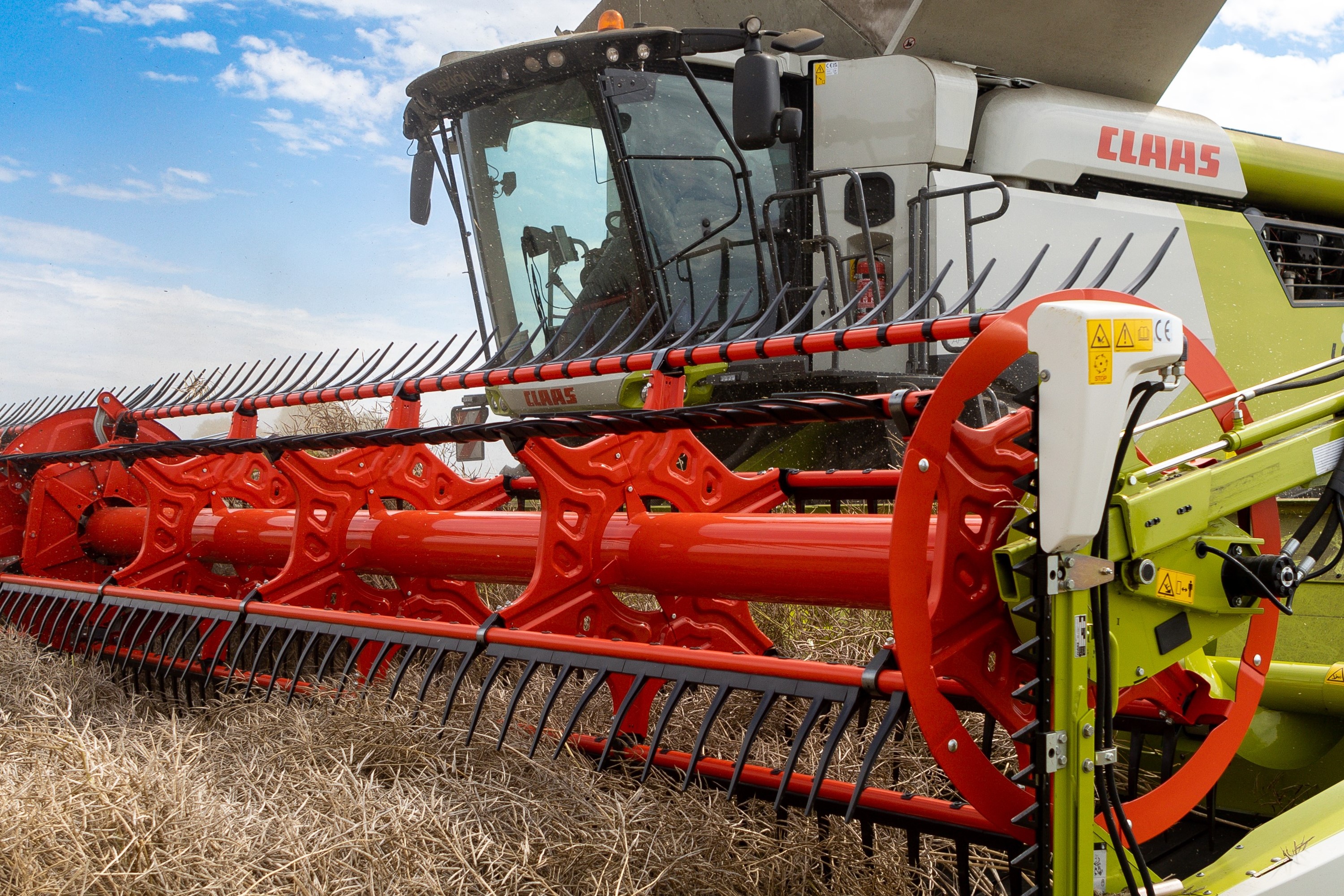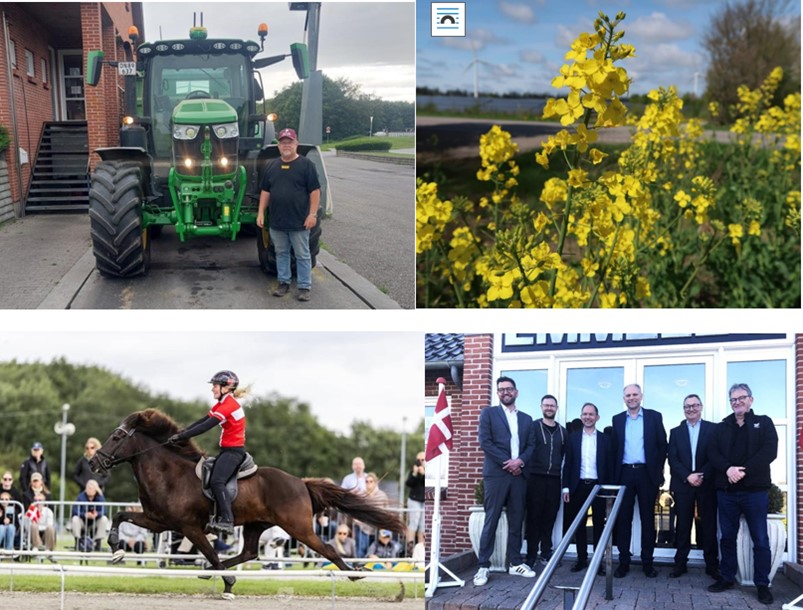Dampweather increases the risk of sprouts in the rapeseed, writes the newspaper Effektivt Landbrug. Here, a plant breeding advisor encourage a quick harvest of high-value crops.
The background is that lots of moisture and temperatures of 15-20 degrees are ideal germination conditions for rapeseed. This can be expensive for rapeseed growers, because sprouts in the rapeseed are considered a deterioration inquality. And if there are more than two percent sprouts in a delivery, a deduction is made from the quantity because sprouts reduce the quality when oil has to be squeezed from the seeds.
Advisor:Prioritise quality crops
Plantbreeding consultant Ole Schou from VKST assesses that there is good reason to consider prioritising getting the rapeseed, which is a high-value crop, home earlier than planned and before the quality deterioration occurs:
- It has been humid for the last week, and these are ideal conditions for germination. You can see in the field whether there has been a germination, where the blackseeds have opened slightly, and a germ sprout, a small beak, is sticking out. A broken seed is counted as a germinated seed in the laboratory, he says to Effektivt Landbrug.
He recommends prioritizing the harvest according to the value crops:
- Overall, it is about addressing quality crops such as rapeseed, bread rye and breadwheat as well as malting barley and then letting the feed crops wait, he says, adding that the specific prioritization is of course very different from farm to farm.
At the same time, Ole Schou warns against unnecessary deductions:
- If you have problems with sprouts in the rapeseed and are due to a deduction in the amount, you must check that the buyer does not deduct for cleaning the product. It is not possible to clean off the germinated seeds – and thus not reasonable to pay for it, he says.





